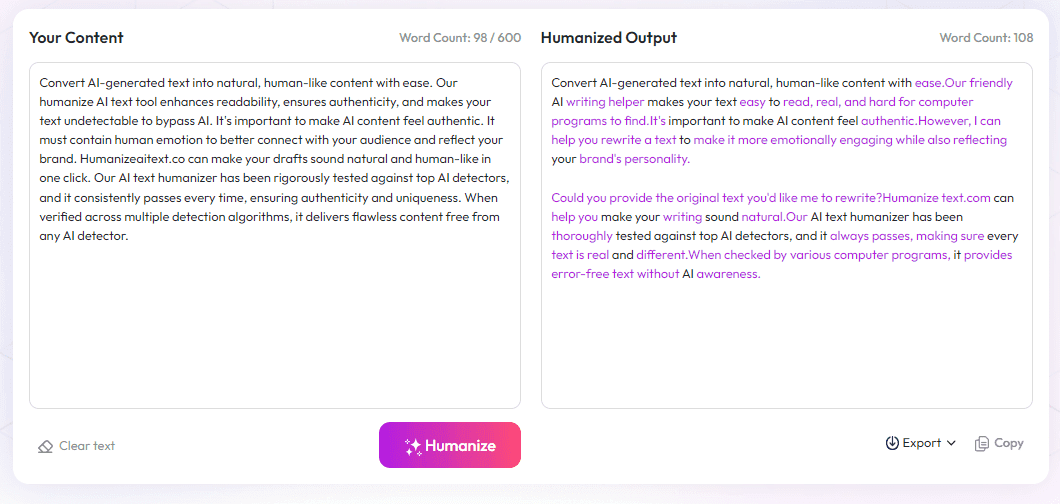Table of Contents
If you're exploring databases, MongoDB Atlas is a name that keeps coming up. It promises a modern, flexible approach to data storage and management. In this review, I'll share my real-world experience with MongoDB Atlas, what it offers, and whether it lives up to the hype. Buckle up for an honest and friendly breakdown of this popular platform.

MongoDB Review
Having tested MongoDB Atlas thoroughly, I can say it's a solid choice for developers who want a flexible, easy-to-manage database. Setting up was straightforward, even with its many advanced features. The platform handles backups, security, and scaling behind the scenes, which saves a lot of headaches. I often used it for real-time analytics and app development, and I appreciated how smoothly it integrated with other tools. Its global deployment options are perfect for applications with international users, offering low latency in multiple regions. While there is a learning curve, especially if you're new to NoSQL, the extensive documentation and support made the process easier. Overall, MongoDB Atlas offers a robust, feature-rich environment that empowers developers to focus on building, not maintaining.
Key Features
- Flexible document model that maps directly to application data
- Multi-cloud deployment on AWS, Azure, and Google Cloud
- Built-in full-text and relevance search with Atlas Search
- Native vector search and AI capabilities for advanced applications
- Real-time streaming and analytics support
- Serverless options and auto-scaling for flexible performance
- Security features including encryption and access controls
- Automated backups and point-in-time recovery
- Simplified management with modern console and monitoring tools
Pros and Cons
Pros
- Supports multiple cloud providers, reducing vendor lock-in
- High availability with self-healing clusters and global distribution
- Rich features for search, AI, and analytics built directly in
- Developer-friendly with flexible schemas and modern UI
- Strong security measures and compliance options
- Free tier suitable for learning and small projects
Cons
- Steep learning curve for those new to NoSQL or MongoDB
- Pricing can get complicated as you scale up
- Free tier has resource limits not suited for large production apps
- Some advanced features are specific to Atlas and may lock users in
Pricing Plans
MongoDB Atlas offers a free tier for basic testing and learning. For more serious projects, the flexible 'Flex' tier starts at just $8 per month with 5 GB of storage and usage-based billing capped at $30 per month. Larger production environments can opt for dedicated plans starting at $57 per month, which include dedicated resources, higher performance, and multi-region support. Custom enterprise solutions are also available for large-scale needs. Additional features like Atlas Search and vector search are billed based on usage. For the latest detailed pricing, visiting MongoDB's official site is recommended.
Wrap up
In summary, MongoDB Atlas is a powerful, versatile database platform that simplifies modern data management. It’s especially suitable for developers seeking flexibility, scalability, and integrated features like search and AI. While there's a learning curve, its extensive tools and global reach make it worth exploring. Whether you're starting small or building enterprise-grade apps, MongoDB Atlas offers solutions that grow with your needs. As always, evaluate your budget and requirements carefully, but for many, it’s a strong choice in today’s data world.



